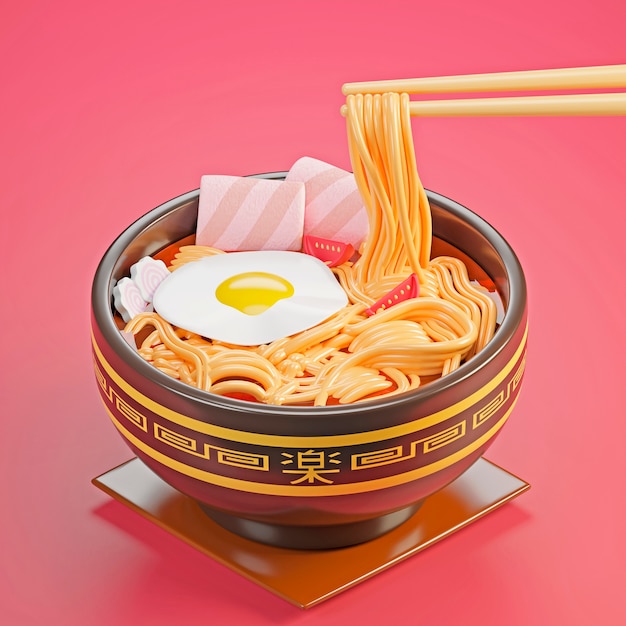
Have you ever tried soba noodles? This Japanese dish is not only tasty but also good for your health. Soba noodles bear some resemblance to pasta but, unlike pasta, they’re made from buckwheat instead of whole grain wheat.
The main reason soba noodles are healthier is due to buckwheat. Here’s why buckwheat is beneficial:
Although one serving of soba noodles doesn’t necessarily have more protein than whole-grain pasta, the quality of the protein is better. Our body utilizes the protein in buckwheat more effectively than that in wheat. Buckwheat also has high levels of lysine, an amino acid that’s usually found in low amounts in plant proteins like nuts, corn, and wheat. If you don’t eat animal products, adding soba noodles to your diet can improve your protein intake.
For those with gluten intolerance or celiac disease, avoiding wheat products like regular pasta is essential. You might also have to steer clear of other Japanese noodles like Udon. Fortunately, buckwheat is naturally gluten-free, so you can still enjoy soba noodles as long as you choose a brand that’s 100% buckwheat. Some brands mix in a bit of wheat flour, so it’s important to check the ingredients.
Manganese is an essential mineral for the body, aiding in processes such as reducing the risk of arthritis, diabetes, and osteoporosis, and in women, it can help alleviate premenstrual symptoms. A single cup of soba noodles contains about 0.4 milligrams of manganese, which is over 18% of the recommended daily amount for both men and women.
Vitamin B1, also known as thiamin, is crucial for several bodily functions, including energy production and maintaining healthy nervous and immune systems. A deficiency in thiamin can increase the risk of heart failure and cataracts. One cup of soba noodles provides about 0.1 milligrams of vitamin B1, which translates to over 8% of the daily requirement for both men and women.
Buckwheat is also a prebiotic food that promotes the growth of probiotics. Probiotics are beneficial bacteria that support gut health, and buckwheat can help foster probiotics like bifidobacteria, which improve digestive functions and help with conditions like constipation, H. pylori infections, and irritable bowel syndrome.
Lastly, soba noodles are rich in rutin, a bioflavonoid that strengthens veins and reduces the risk of varicose veins. Varicose veins often occur when blood flow is reversed due to faulty vein valves, especially in the legs. While usually not requiring medical treatment, a diet change can help. The rutin in soba noodles strengthens veins, potentially preventing or reducing varicose veins. If you experience painful varicose veins or complications, it’s best to consult a doctor.
Ready to give buckwheat noodles a try? Explore some great soba noodle recipes and enjoy a delicious, healthy meal!